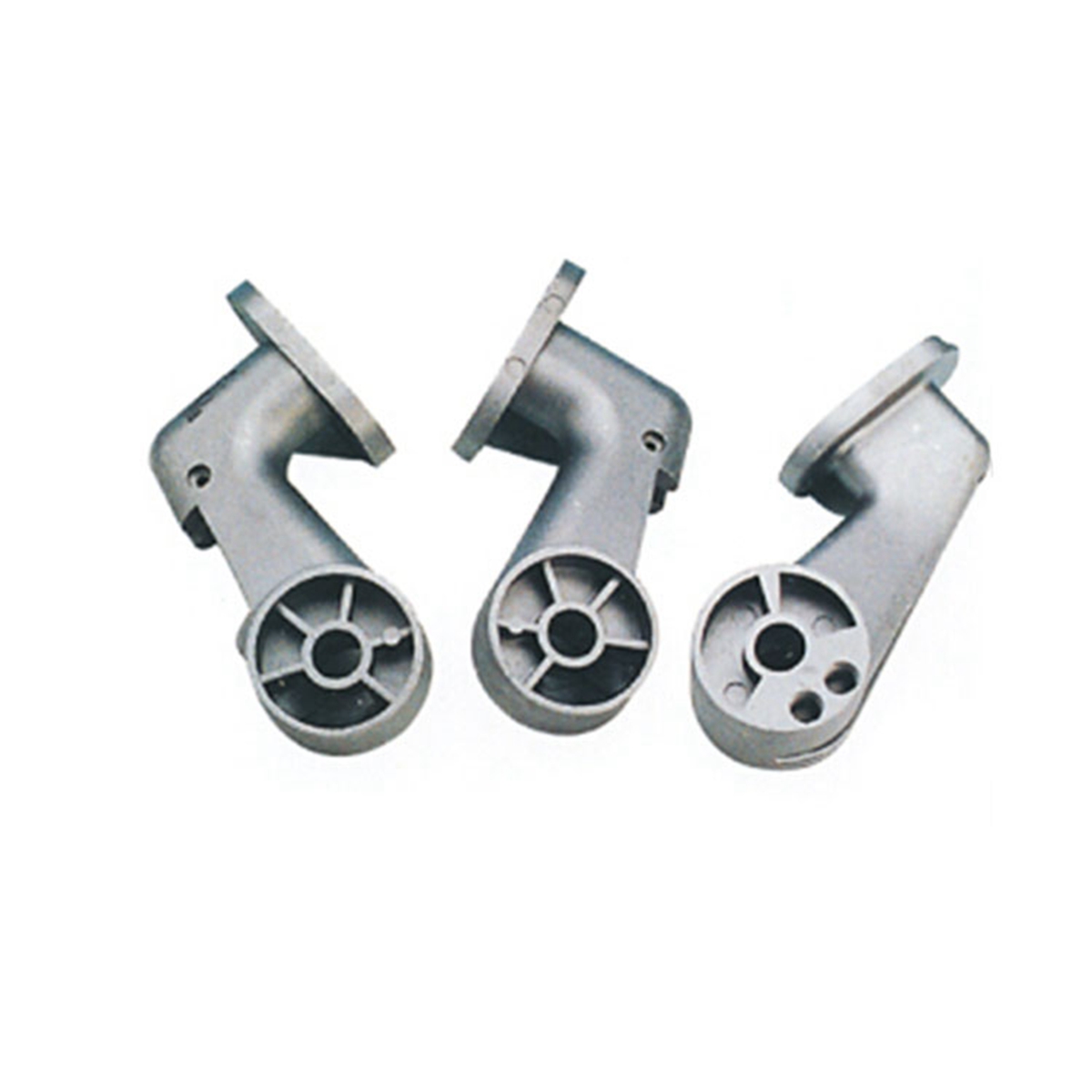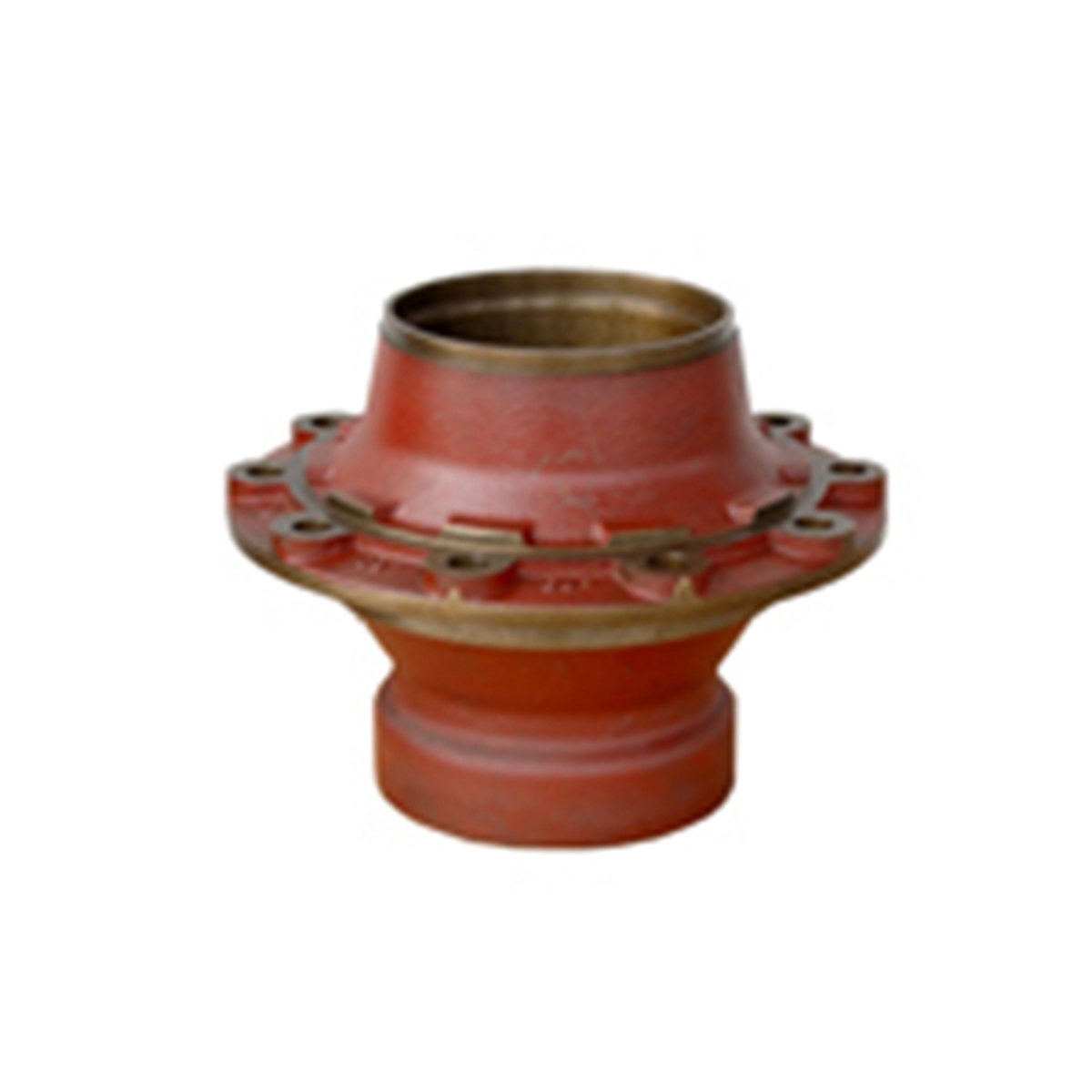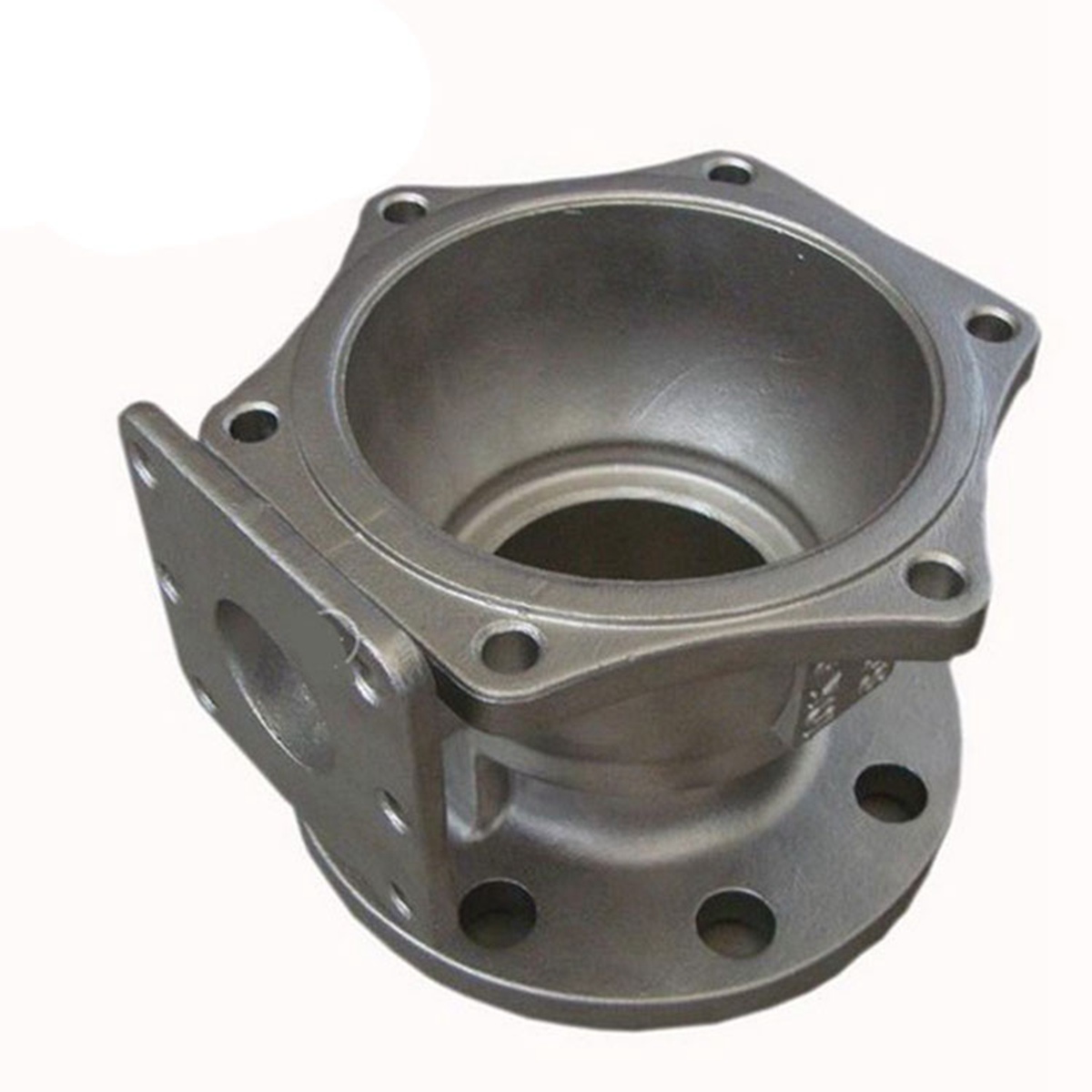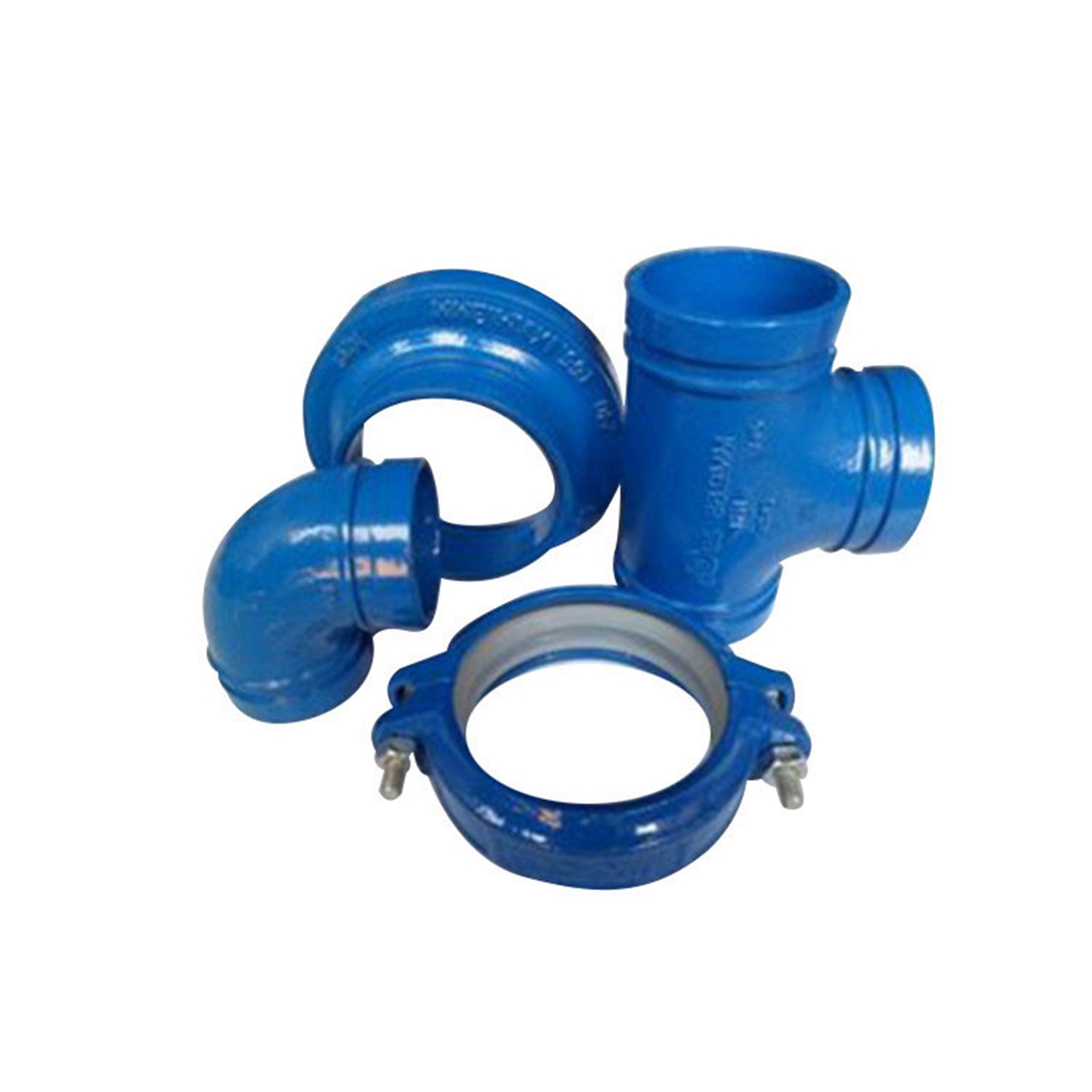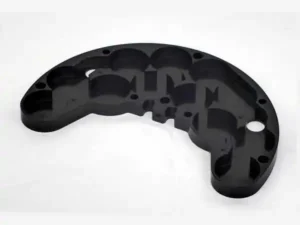
Gravity casting, also known as permanent mold casting, is a metal casting process where molten metal is poured into a reusable mold under the force of gravity—without additional pressure. This method is widely used in industries such as automotive, aerospace, and machinery manufacturing due to its numerous advantages. Below are the key benefits of gravity casting:
1. High-Quality Surface Finish and Dimensional Accuracy
Gravity casting produces parts with smoother surfaces and tighter tolerances compared to sand casting or die casting (in some cases). The permanent molds (usually made of steel or cast iron) allow for better control over the metal flow, reducing defects like porosity and inclusions.
2. Cost-Effective for Medium to High Production Volumes
Although the initial mold cost is higher than sand casting, gravity casting becomes economical for medium to large production runs because the molds can be reused thousands of times. This reduces per-unit costs over time.
3. Improved Mechanical Properties
Since the molten metal solidifies under natural cooling conditions (rather than high-pressure injection), the resulting castings have a more uniform grain structure, leading to better mechanical strength, fatigue resistance, and durability.
4. Reduced Porosity and Defects
Unlike high-pressure die casting, gravity casting minimizes gas entrapment and turbulence, resulting in fewer internal defects. This makes it suitable for components requiring high structural integrity, such as engine blocks or suspension parts.
5. Flexibility in Material Selection
Gravity casting supports a wide range of metals and alloys, including aluminum, magnesium, zinc, and copper-based alloys. This versatility allows manufacturers to choose the best material for strength, weight, and corrosion resistance requirements.
6. Environmentally Friendly
Since gravity casting does not require high-pressure systems (unlike die casting), it consumes less energy. Additionally, the reusable molds generate less waste compared to disposable sand molds.
7. Suitable for Complex Geometries
With proper mold design, gravity casting can produce intricate shapes with thin walls and fine details, making it ideal for components like housings, brackets, and hydraulic parts.
8. Better Heat Dissipation (for Mold Life)
Permanent molds in gravity casting are typically made of metals with good thermal conductivity (e.g., steel), which helps in faster cooling and longer mold life compared to sand casting.
Conclusion
Gravity casting offers an excellent balance between quality, cost, and performance, making it a preferred choice for many industrial applications. Its ability to produce strong, precise, and defect-free components with reusable tooling ensures efficiency and sustainability in manufacturing.

